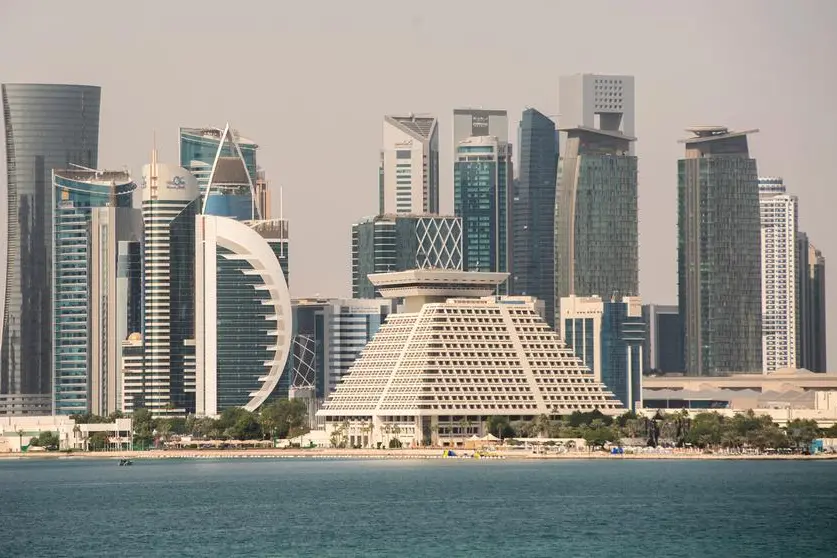PHOTO
Doha: As artificial intelligence and emerging technologies continue to reshape global education, equipping teachers with the skills and tools necessary for a more sustainable future has become imperative.
This was the central theme of the Annual Teaching and Learning Forum, organised by Qatar Foundation’s (QF) Pre-University Education (PUE), where experts gathered to explore innovative approaches to advancing education in alignment with future needs.
The forum, themed ‘Transforming Education for the Future’, brought together approximately 1,600 local and international educators. It featured three in-depth panel discussions, along with a series of insightful presentations and interactive workshops conducted in both Arabic and English.
In his keynote speech, Prof Pasi Sahlberg, professor of Education Leadership at the University of Melbourne, Australia, explored how to reimagine secondary education to meet the evolving demands of a complex world and its dynamic workforce needs.
The session also discussed how adaptable frameworks can inform programme design and implementation, highlighting strategies for preparing students for emerging opportunities in industries such as aviation and oil sector cybersecurity, while fostering entrepreneurial skills and aligning with global trends in innovation and sustainability.
This year, the forum introduced a valuable addition through an accompanying exhibition, offering participants the opportunity to explore cutting-edge innovations and hands-on experiences presented by leading experts and pioneers in the field.
The exhibition also featured interactive booths and engaging sessions, enriching the educational experience and enhancing the forum’s interactive nature, making it a dynamic platform for idea exchange and shaping the future of education.
During the closing session, Abeer Al Khalifa, president of QF’s Pre-University Education, emphasised that education is a shared societal responsibility, and its success depends on the collaborative efforts of all stakeholders.
“The teacher is the cornerstone of this system, which necessitates continuous support to ensure their well-being and development on both personal and professional levels,” Khalifa said.
Khalifa stressed that empowering teachers and raising their awareness of innovative teaching methods is crucial for driving innovation, as it serves as the key driver of progress and excellence in education.
“Fostering innovation in schools and classrooms requires a safe and supportive environment for teachers, one that encourages them to freely express and experiment with their ideas while upholding the identity, heritage, and core values that support our society,” Khalifa added.
The forum showcased leading institutions bridging the gap between traditional and technology-driven learning through programming, robotics, and AI. iCode and STEM.org stood out, presenting cutting-edge educational solutions and discussing AI ethics and integrated education in preparing future generations for an evolving world.
On the sidelines of the forum, QF’s Education Development Institute and STEM.org signed a strategic partnership to advance STEM education in the Gulf.
This collaboration reflects a shared vision to foster innovation and provide students with high-quality learning opportunities aligned with global advancements.
Marking the 10th anniversary of the EDI, the forum reaffirms its commitment to advancing education by providing a global platform for educators, academics, and researchers to exchange ideas, showcase innovations, and explore best practices.
© Copyright Qatar Tribune. All Rights Reserved. Provided by SyndiGate Media Inc. (Syndigate.info).





















